In today’s fast-paced world, the approach to learning and development (L&D) has taken on a whole new dimension. During the panel discussion on “The Evolution of Learning and Development in the New Normal,” a diverse group of HR and industry leaders gathered to share insights on how L&D is reshaping itself to meet modern needs.
Panelists:
- Pranav Bansode – Founder & Executive Director, AdaRaise SoTek
- Sunanda Rao – Human Resources Lead, MTCode
- Nihaerika Saxxenaa – HR Head, NeeFcore
- Namrata Krishna – HR Manager, Blik
- Santosh Kotnis – Founder and CEO, SpringUp Labs
- Dorcas Singh – Co-Founder, HR 360 Partners Unit of AD18 Communications
- Sahil S – Training Executive, Marwadi University
- Isaac Patturaja G B – Human Resources Professional, VMC Manufacturing Company
- Abrar Ansari – Talent Acquisition Manager, Finessence
Insights from Industry Leaders
1. The Digital Learning Revolution
Gone are the days of traditional classrooms; L&D has embraced digital learning like never before. With remote work and global teams becoming the norm, organizations are leveraging online modules, virtual classrooms, and webinars to reach employees wherever they are. This digital-first approach not only brings flexibility but also enables learning on the go, making training accessible and convenient.
2. Personalization: One-Size-Fits-None
Learning isn’t a one-size-fits-all journey, and the panel emphasized the need for customization. Tailored programs that align with an individual’s role, goals, and interests are becoming essential for meaningful engagement. By using data analytics, organizations can craft personalized learning paths that resonate with each employee, enhancing both relevance and retention.
3. Soft Skills as Superpowers
In a world where hybrid work models are thriving, soft skills are emerging as the new superpowers. Skills like adaptability, emotional intelligence, and effective communication have become critical for success. The panelists highlighted that these skills not only enhance teamwork but also empower employees to navigate change with resilience, making soft skills a priority in modern L&D programs.
4. Building a Lifelong Learning Culture
Organizations are increasingly nurturing a culture where learning is an endless journey. The panelists shared strategies for creating an environment of continuous growth, with mentorship programs, professional development, and regular skill-building opportunities at the forefront. This approach fosters a mindset where learning becomes a natural part of one’s career progression, benefiting both employees and organizations alike.
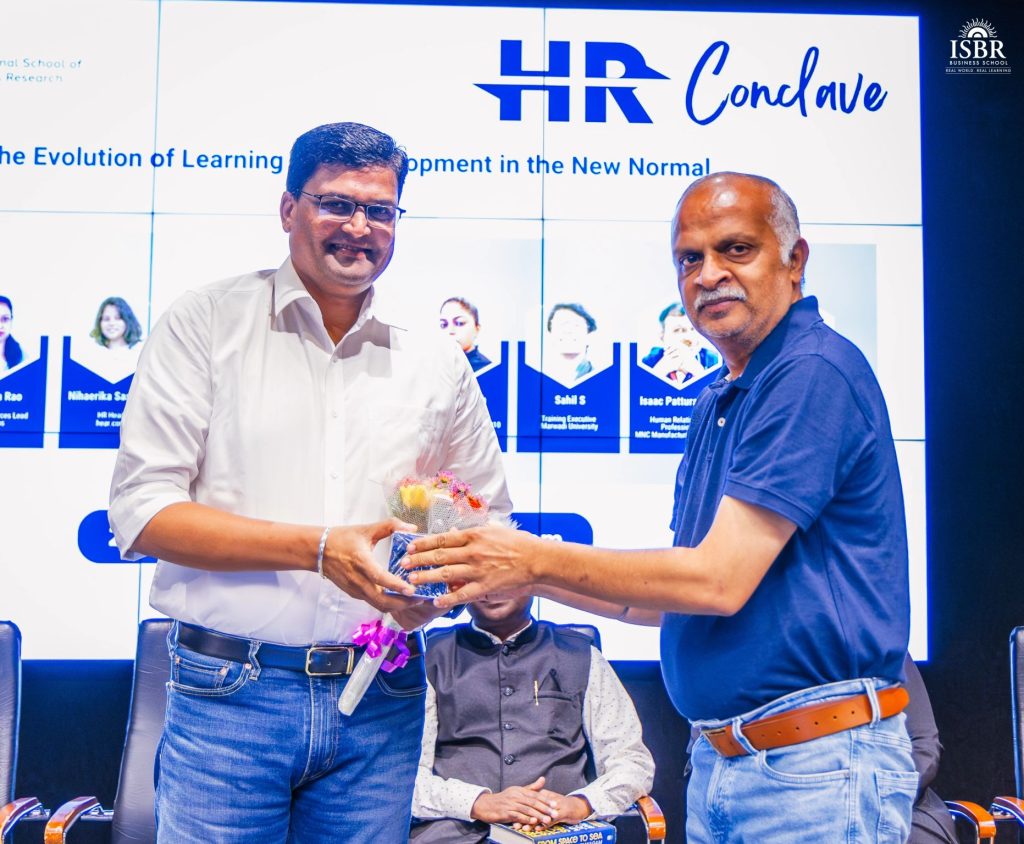
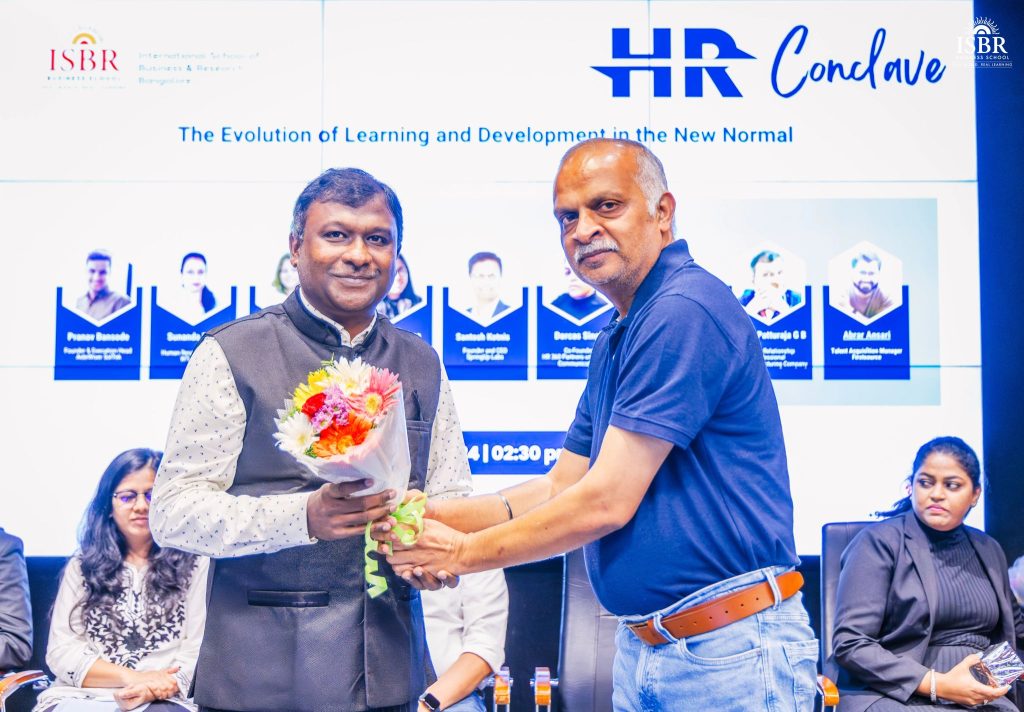
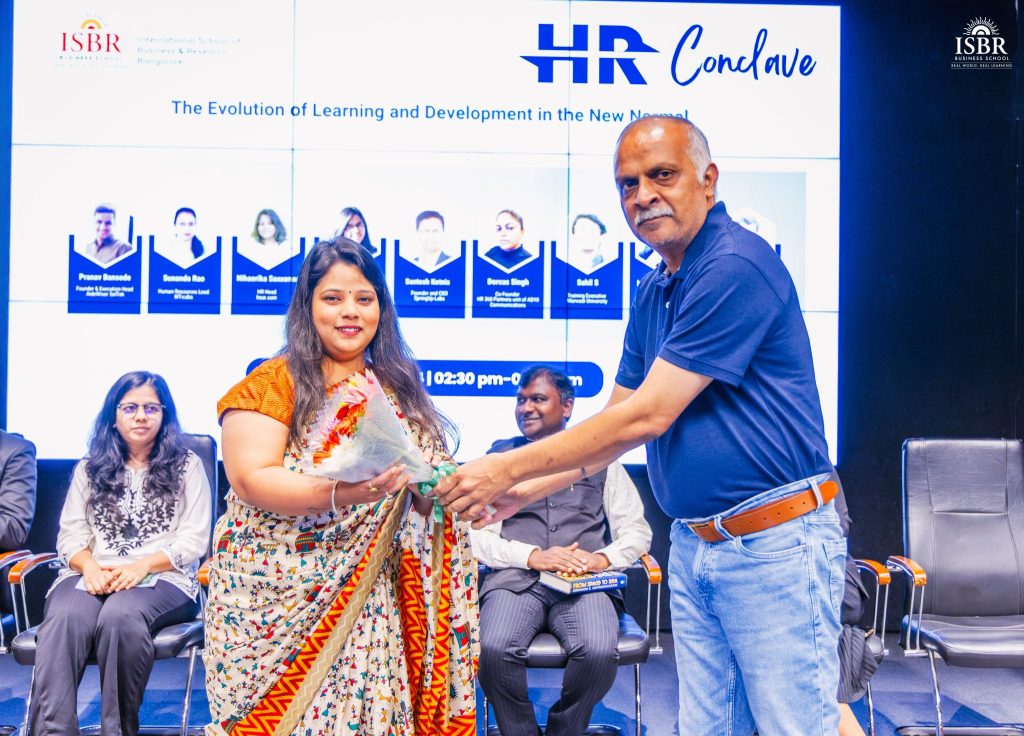
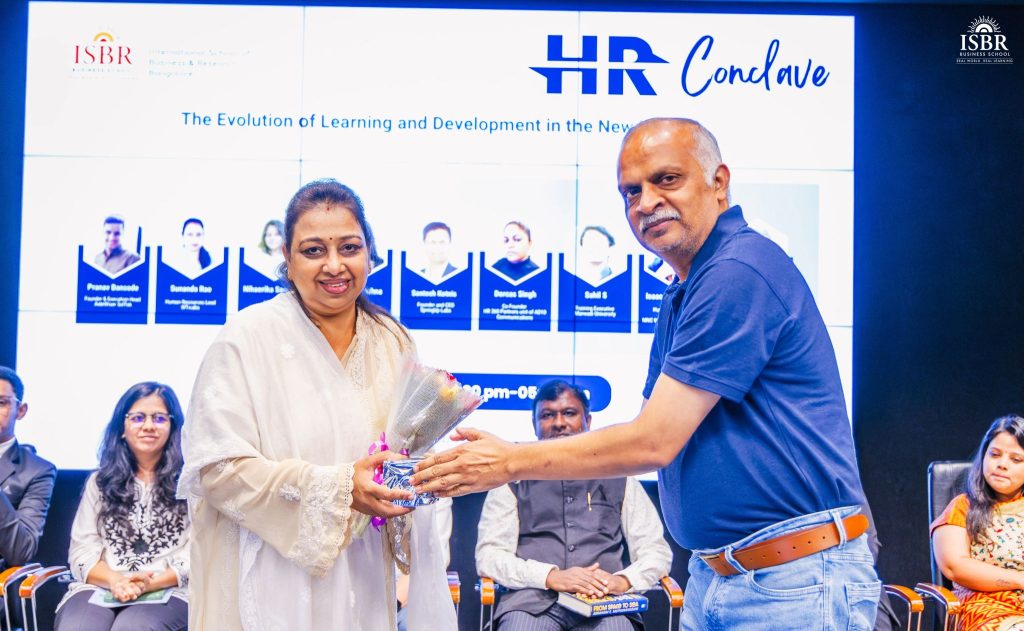
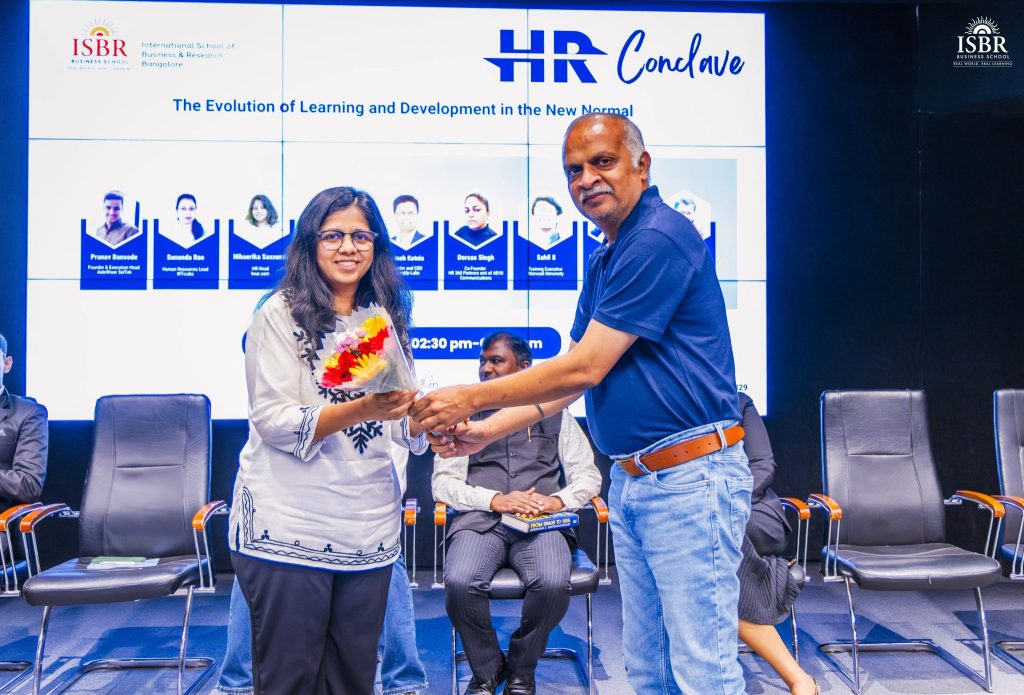
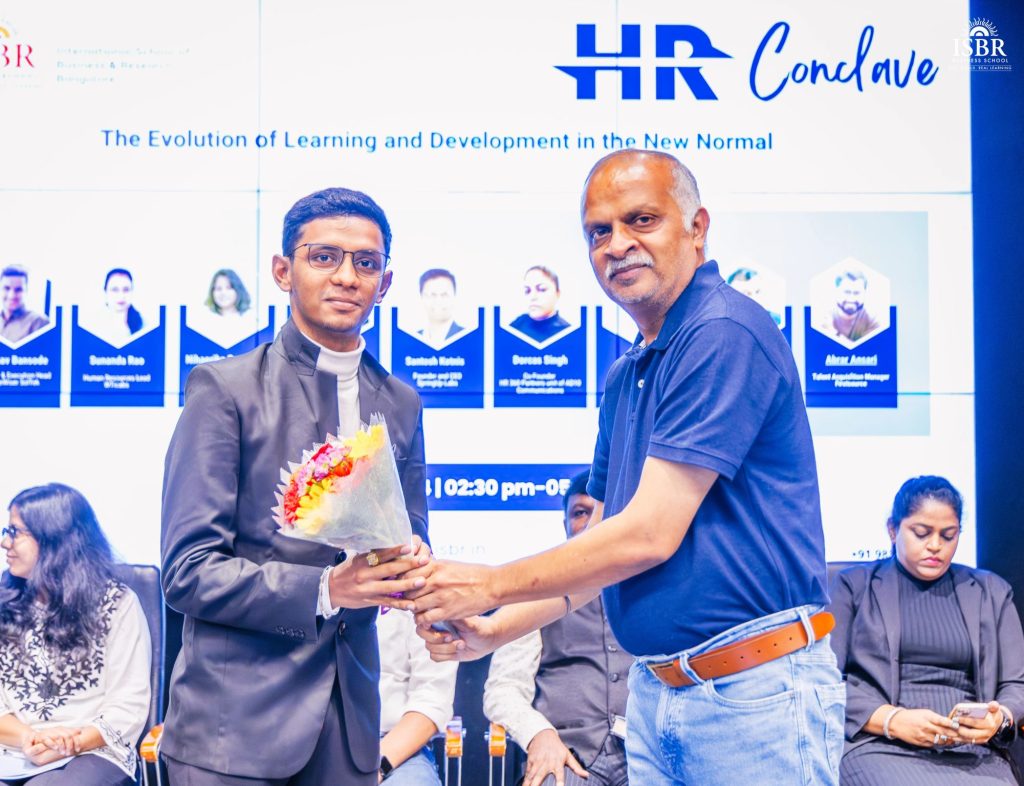
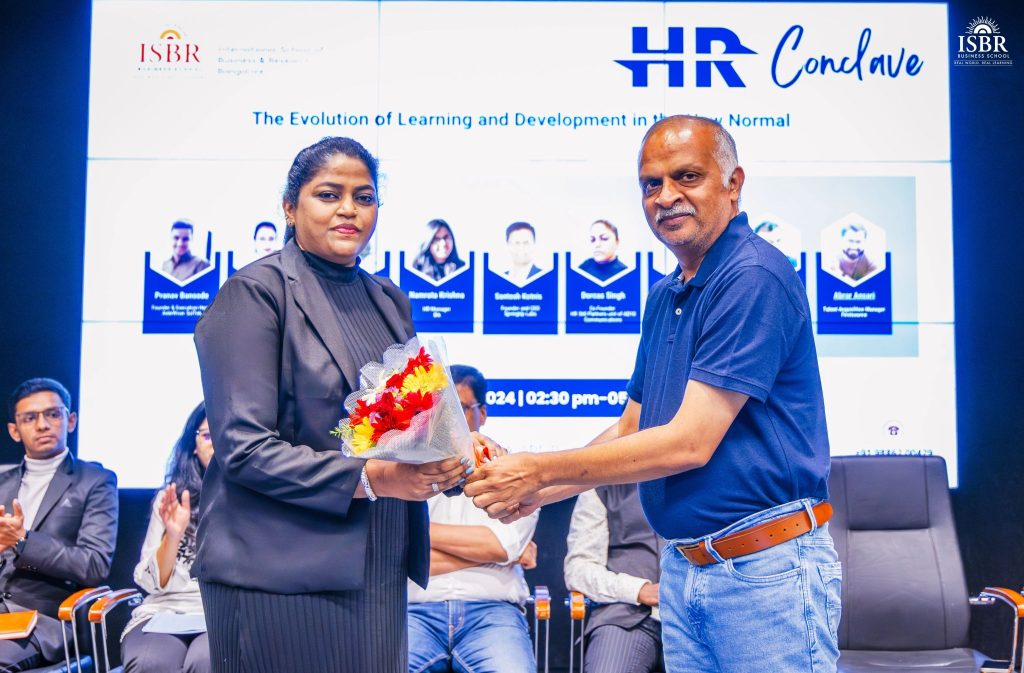
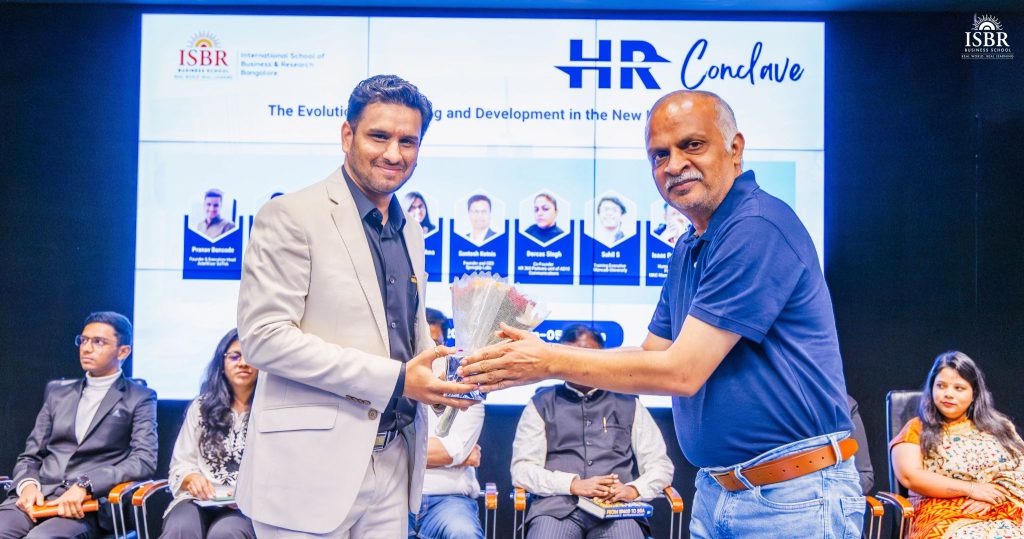
5. Learning Together: The Power of Peer Knowledge
Collaborative learning is gaining traction as employees discover the value of peer-to-peer knowledge sharing. By fostering a community where colleagues learn from one another, organizations are promoting a culture of support, trust, and teamwork. Panelists noted that this approach not only enriches learning experiences but also strengthens bonds within the workplace.
6. Tech-Driven Training: AI, Gamification, and Beyond
Technology is revolutionizing the L&D landscape, with AI and gamification leading the charge. These innovations bring an element of interactivity to training, keeping employees engaged and motivated. AI’s ability to provide real-time feedback helps employees continuously improve, while gamification makes learning fun, making tech-driven training a win-win for all.
7. Proving the Value: Metrics and ROI Matter
For L&D initiatives to truly thrive, organizations must prove their value. The panel stressed the importance of setting measurable goals to track the impact of training programs. By establishing clear KPIs, companies can evaluate improvements in performance, engagement, and skill levels, ensuring that their L&D investments yield tangible results.
8. Leadership-Driven Learning: The Key to Success
Leadership support is crucial for L&D programs to succeed. When leaders champion and participate in learning, they set a powerful example, inspiring employees to embrace growth. The panelists agreed that visible leadership involvement in L&D strengthens organizational culture and demonstrates a commitment to continuous improvement.
9. What’s Next: Emerging Trends in L&D
The future of L&D is filled with exciting possibilities, from microlearning and blended learning to a stronger focus on mental well-being. Microlearning offers short, easily digestible lessons that fit into busy schedules, while blended learning combines online and offline methods for a richer experience. Additionally, prioritizing mental health in training reflects an organization’s commitment to employee well-being and overall satisfaction.
Final Thoughts: Shaping the Future of Learning and Development
The panel discussion on “The Evolution of Learning and Development in the New Normal” highlighted the transformation taking place in L&D. By embracing digital innovation, personalizing experiences, and fostering a culture of growth, organizations are building a workforce that’s equipped for the future. The insights shared by these experts underscore the importance of adaptability, collaboration, and leadership in crafting impactful L&D strategies.
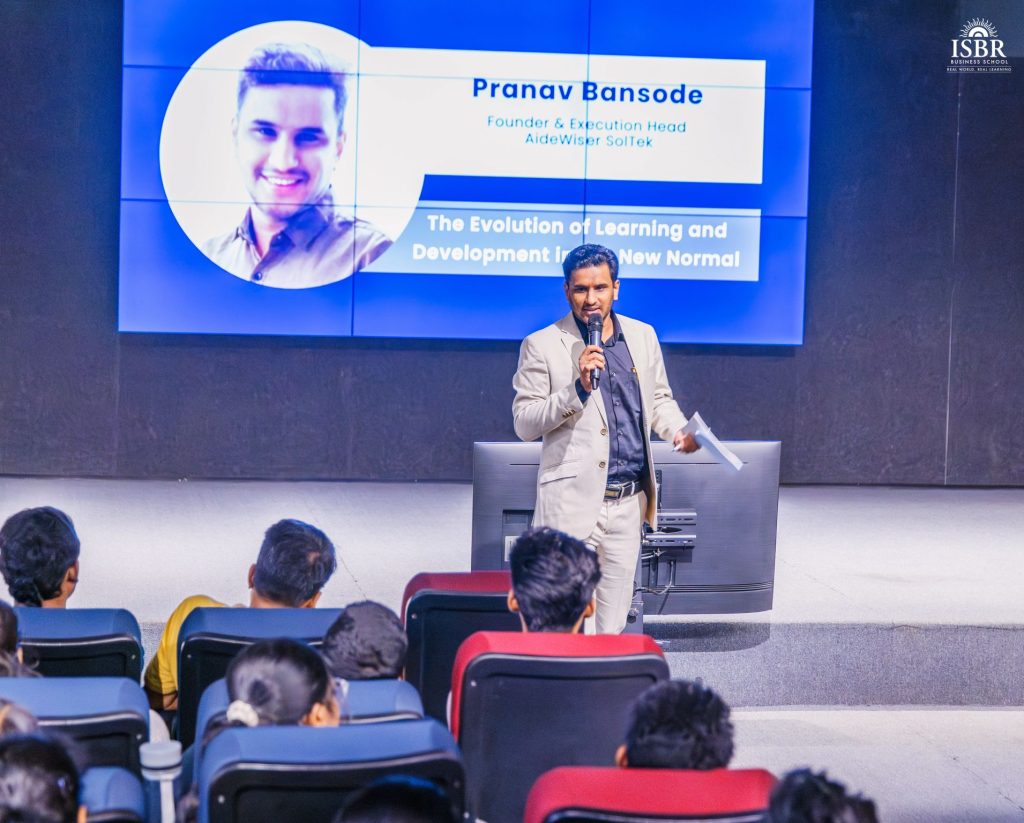
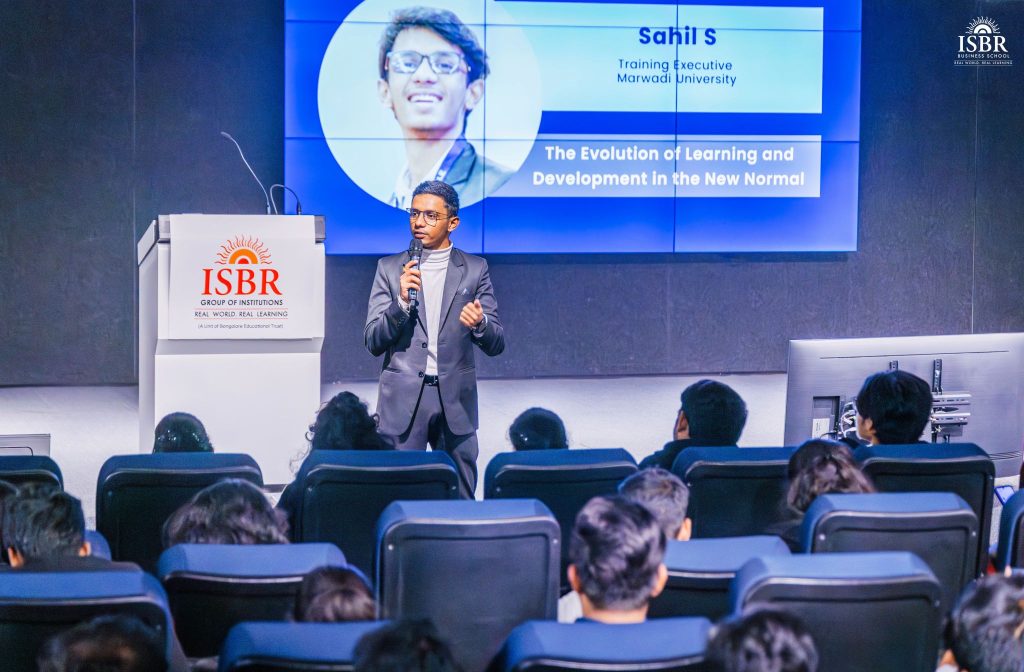
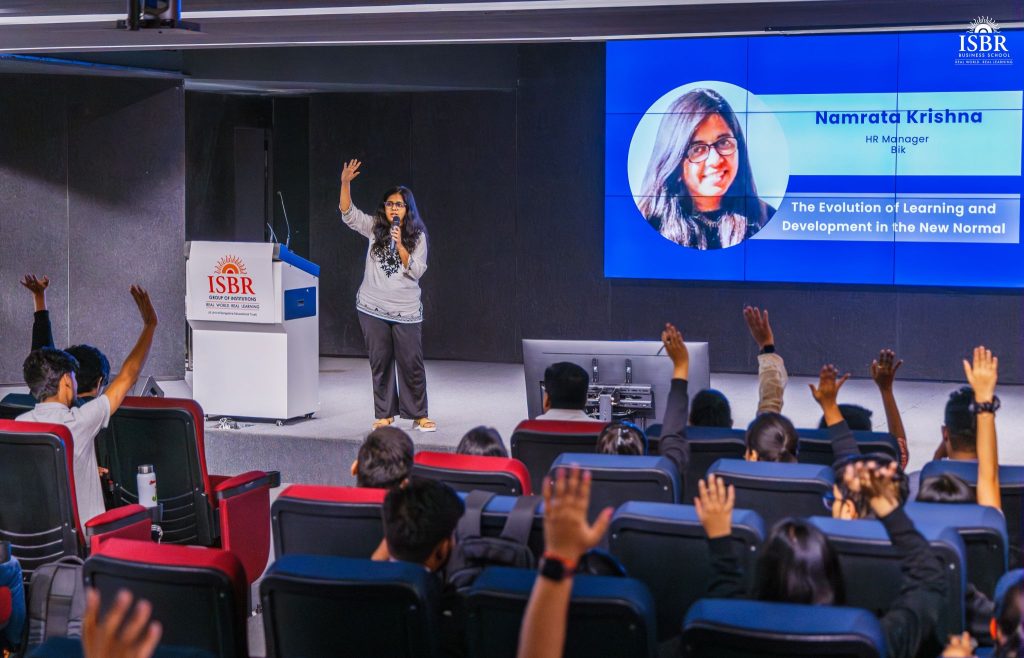
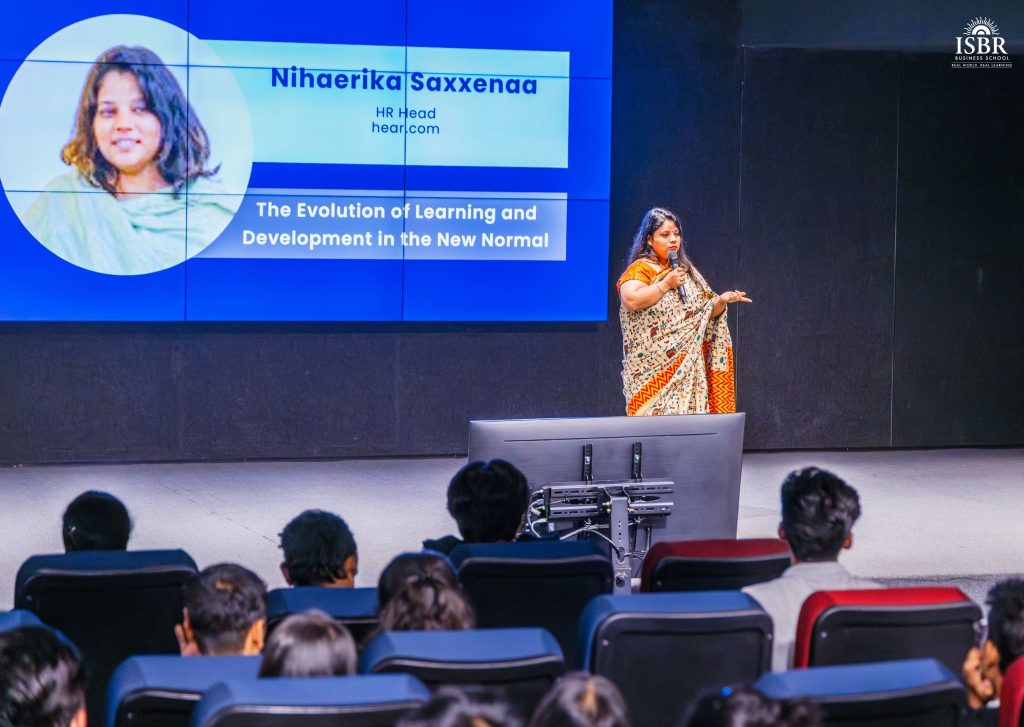
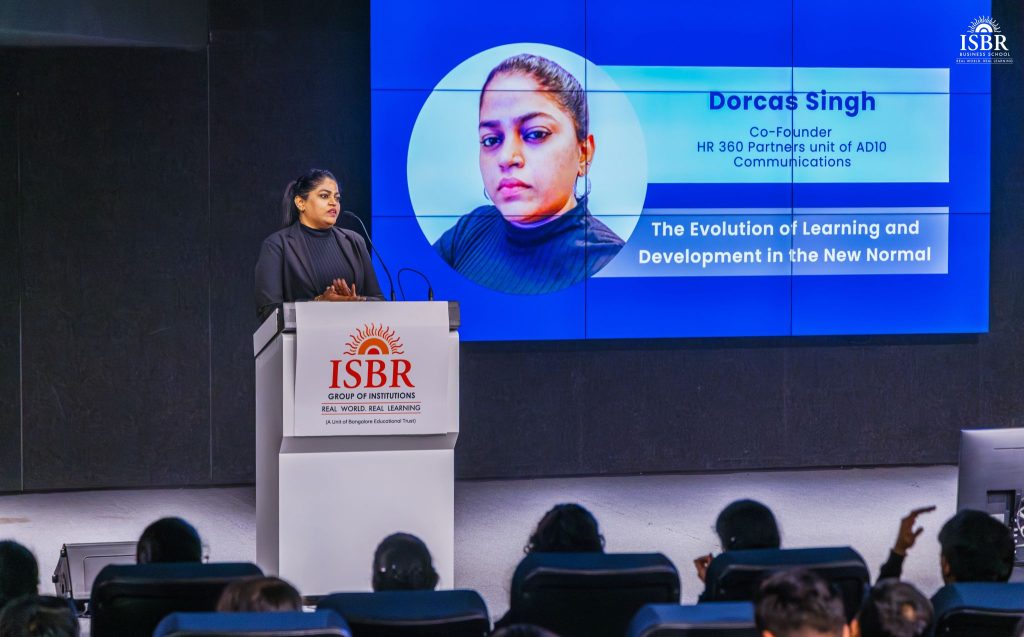
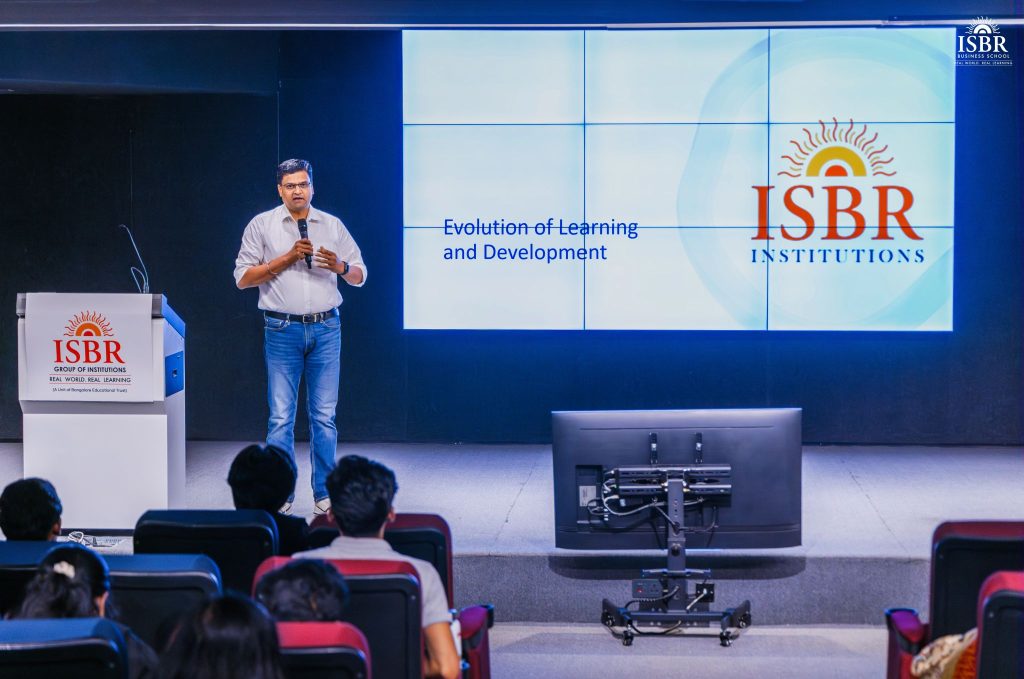
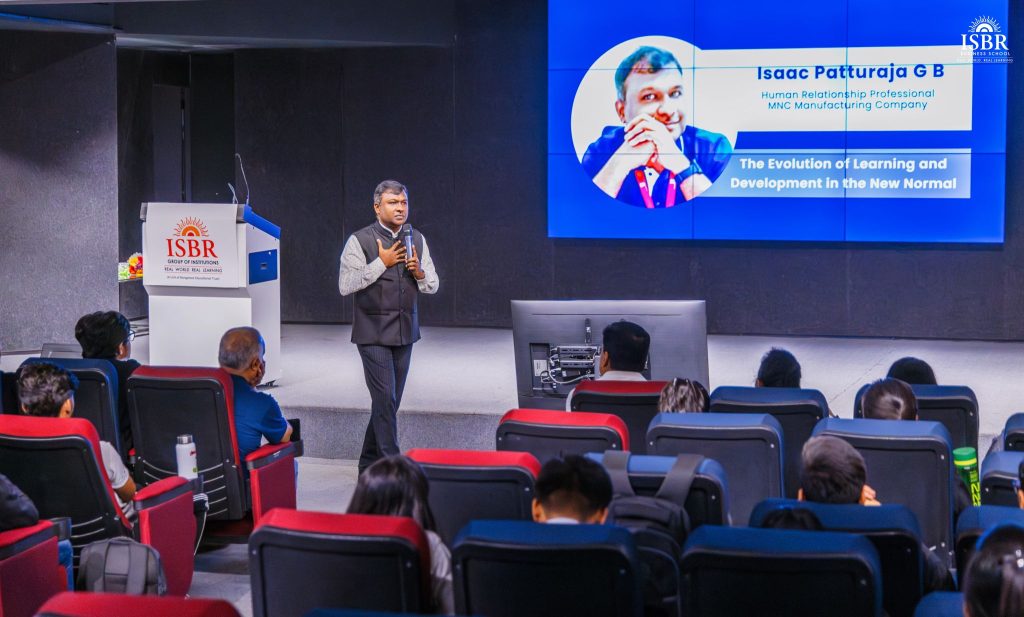
About ISBR Business School: ISBR Business School, located in Bangalore, India, is a premier institution dedicated to providing world-class education in business and management. Accredited by the NBA and recognized by the Association of Indian Universities and the Ministry of HRD, Government of India, ISBR has consistently been ranked as a platinum institute by AICTE-CII. With a diverse student body, a strong emphasis on industry collaboration, and a curriculum designed to foster innovation and leadership, ISBR Business School is committed to shaping the business leaders of tomorrow. The school’s robust placement record and partnerships with top global companies underscore its commitment to excellence and career readiness for its students

